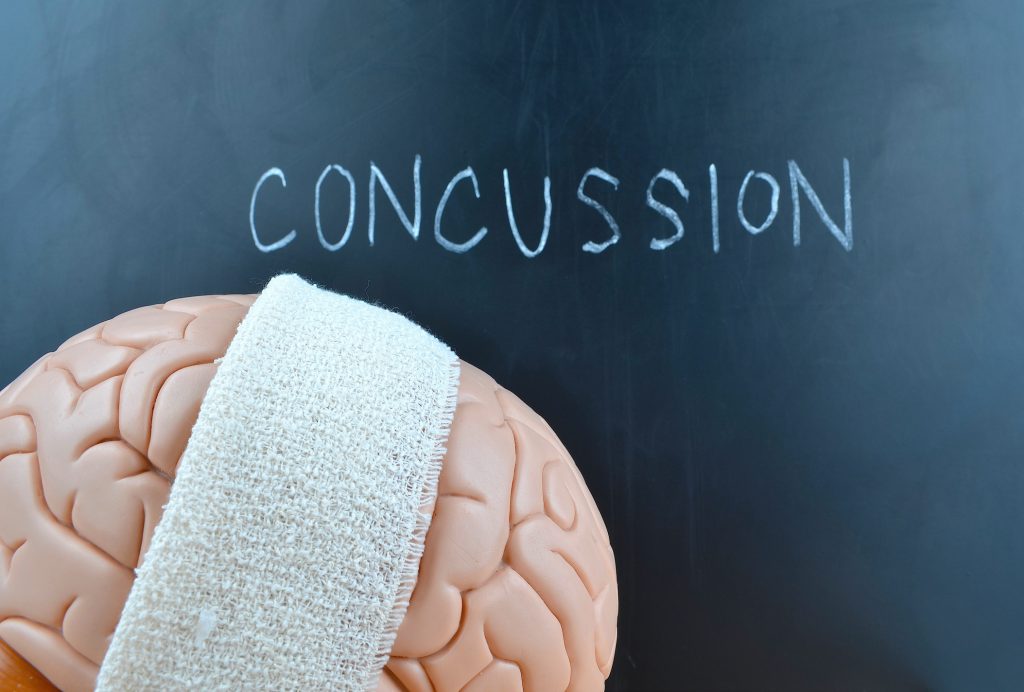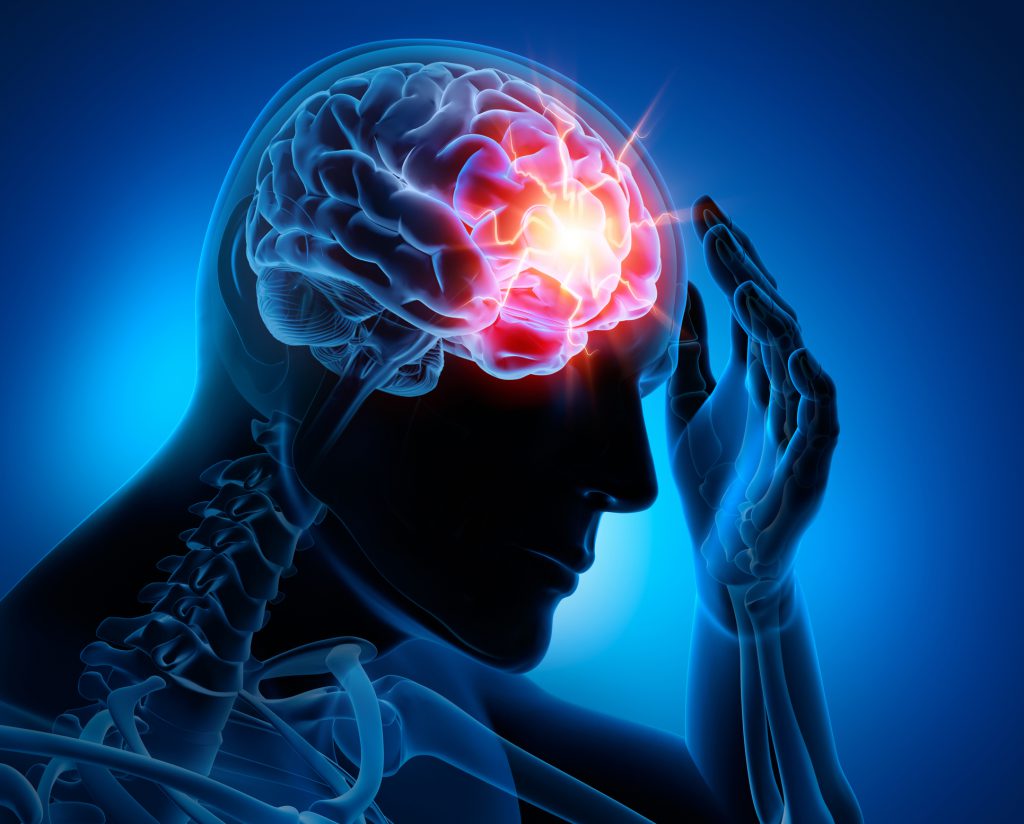 Written By: Cristin Beazley, PT, DPT, CBIS
Written By: Cristin Beazley, PT, DPT, CBIS
Headaches are one of the most common symptoms reported after a concussion. A headache that occurs after a traumatic injury is called a post traumatic headache, caused by multiple impairments related to the injury. It is important to differentiate post traumatic headaches from migraines and post traumatic migraines. Migraines are a different type of headache with an alternative contributing cause requiring specific medical interventions.
People can often experience different types of headaches after this injury, especially with multiple causes for their headache outside of the concussion injury. They often will describe two different headaches: one that is present most of the time, sometimes changing locations; and one that is a pressure-type headache, coming on as different tasks are attempted.
Often, a concussion results from a whiplash mechanism that can affect the cervical spine. Cervicogenic headaches (headache coming from the neck) are common after a whiplash injury. These headaches have a very specific referral pattern often causing patients to report waking up with them. Patients may also be tender to the touch where their head was impacted, most likely from resulting inflammation or irritation to the superficial area. Depending on the location, this can result in an occipital neuralgia.
 After concussion, disrupted sleep may plague a person, causing persistent headaches. Poor nutrition, secondary to nausea and poor hydration also contribute to headaches.
After concussion, disrupted sleep may plague a person, causing persistent headaches. Poor nutrition, secondary to nausea and poor hydration also contribute to headaches.
Oculomotor impairments: eye movement impairments may be a cause of headaches. If your eyes are not appropriately taking in sensory information around you secondary to impaired movements, headaches may occur. As an example, headaches may surface while reading, watching television or using a computer.
Additionally, light and noise sensitivity, along with increased stress and anxiety, are also common symptoms after a concussion and can contribute to headaches. If a patient is overwhelmed by the injury or has trouble completing tasks, this will often play a role in headache frequency.
This list includes some of the most common causes, but not all possible causes of a headache. The above impairments are treatable and manageable.
Concussion injuries are very treatable. Targeted interventions and specialists trained in how to appropriately diagnosis impairments contributing to symptoms is essential in facilitating treatment. Almost all post-concussion symptoms will have multiple contributing causes. Identifying the causes will optimize outcomes and recovery.
If you are interested in learning more about differential diagnosis when comes to symptoms post-concussion, take my course, “Concussion and Mild TBI,” in 2021!
